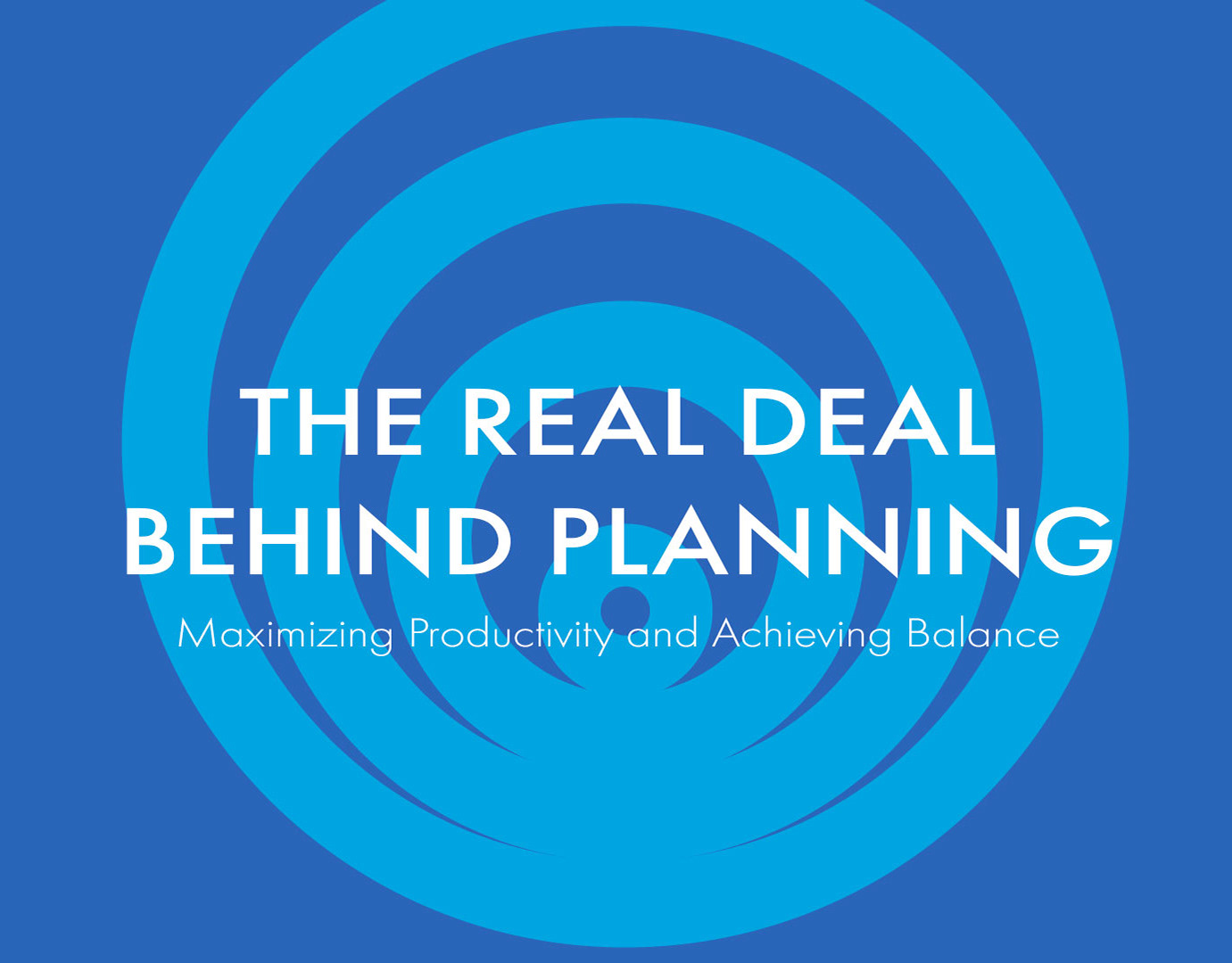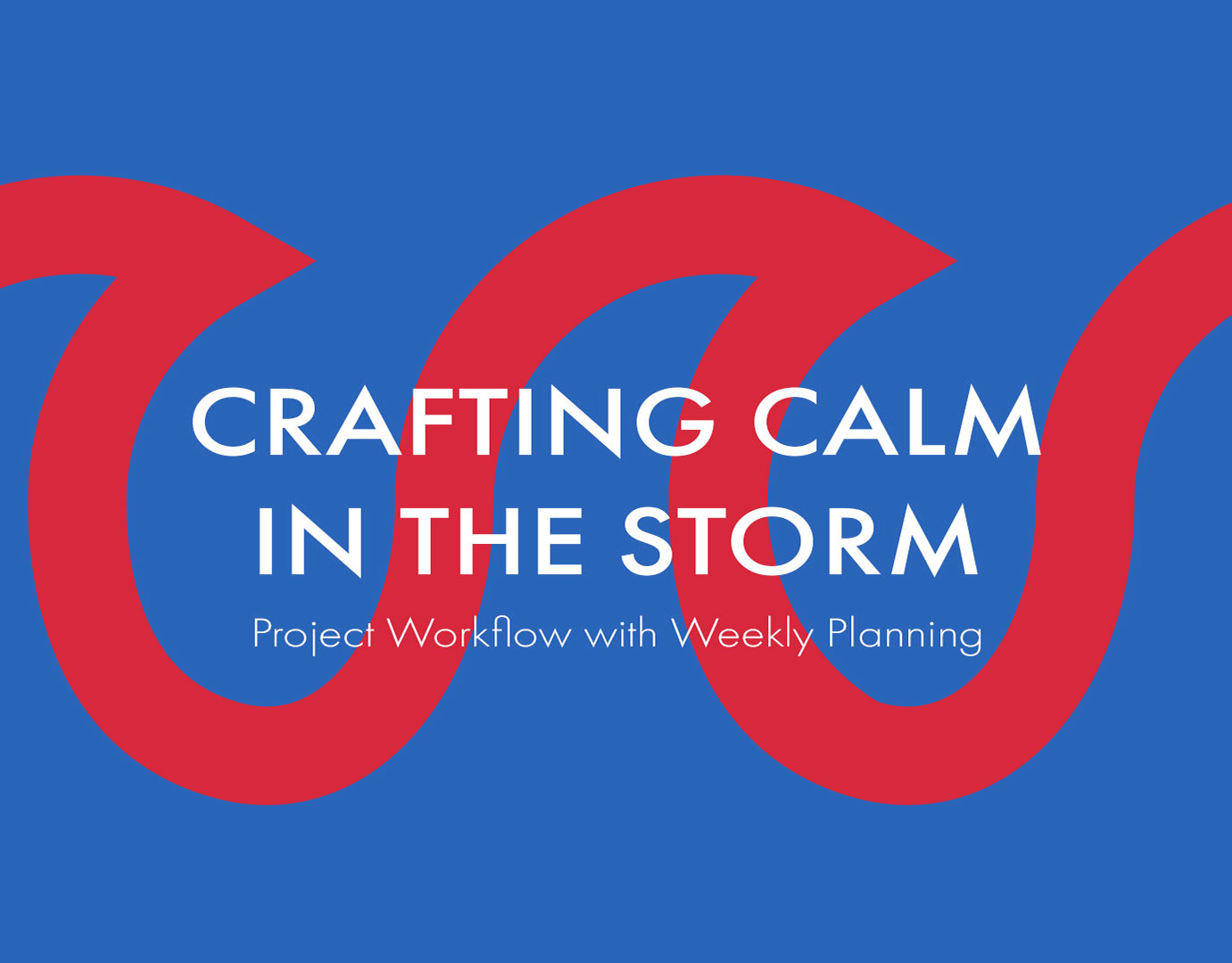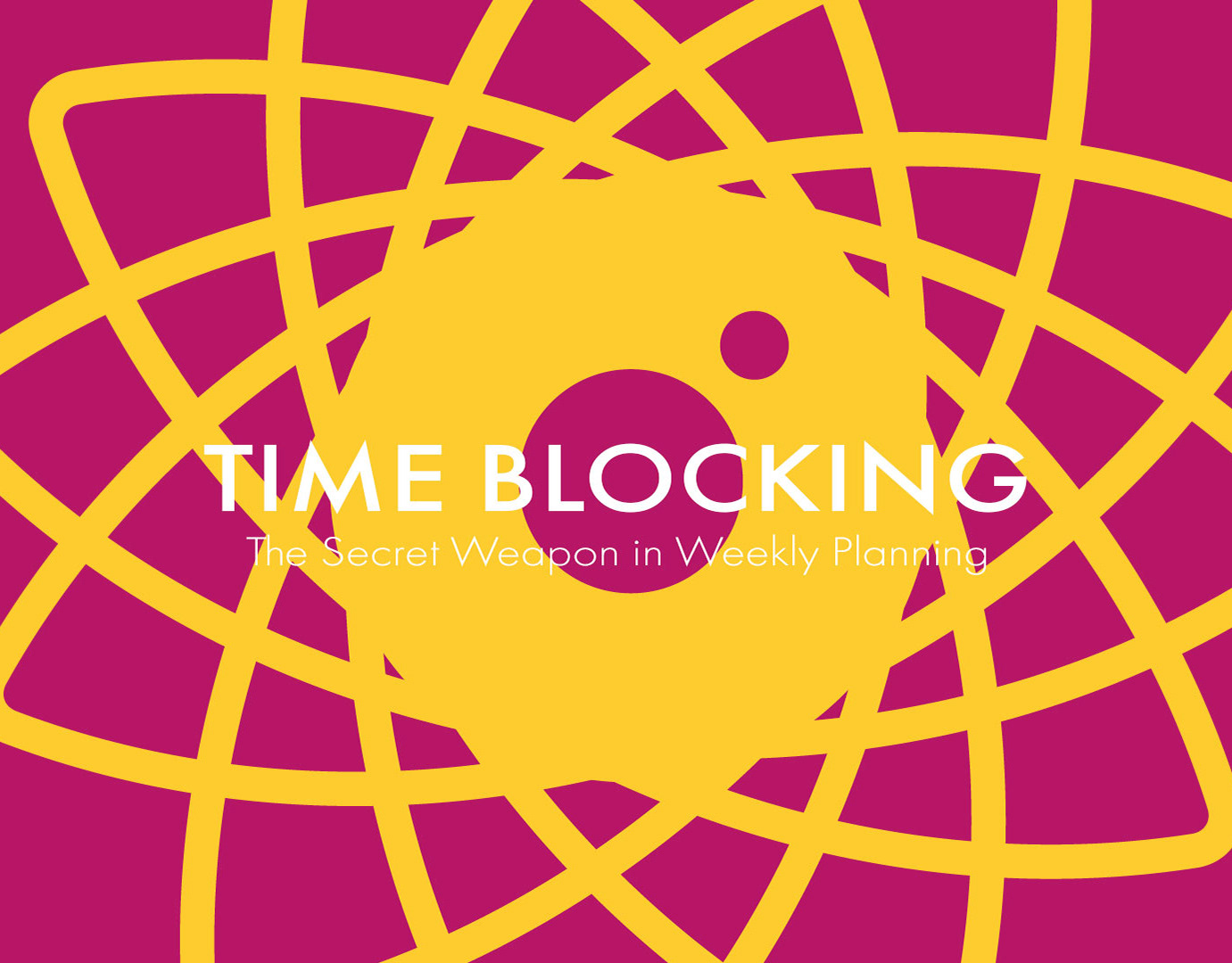In the intricate dance of project management, where deadlines, team dynamics, and unforeseen challenges constantly interplay, mastering the art of weekly planning isn’t just a skill—it’s a necessity. It’s the difference between leading a project with foresight and being caught in the reactive whirlwind of last-minute scrambles. For project managers, a well-orchestrated week is the foundation upon which project success is built.
The Heartbeat of Productivity
So, what’s the big deal about weekly planning for project managers? It's about creating a rhythm that propels projects forward, ensuring that every sprint and milestone is not just envisioned but actively pursued. It’s about dissecting the mammoth task of project completion into digestible, weekly segments that keep the team aligned, focused, and motivated. This isn't merely task juggling; it's about strategic orchestration that aligns with the project's pulse.
Mapping Out the Week: Strategy Meets Execution
For project managers, the weekly plan is the tactical layer where strategy meets execution. It’s about identifying key deliverables for the week and breaking them down into actionable tasks for your team. This might involve dedicating Monday mornings to reviewing project progress, setting aside time for one-on-one check-ins, or blocking out Friday afternoons for team retrospectives. It's this deliberate allocation of time that ensures the week's work tangibly advances the project.
The Framework of Focus
In project management, your planner becomes your control panel—a place where the project's moving parts are laid out, reviewed, and directed. By time-blocking sessions for deep work, project managers can dive into complex problem-solving without the constant interruption of meetings or emails. These dedicated blocks of focused time are like fortresses, safeguarding the high-impact work that drives projects forward.
Agile Planning: Flexibility Within Structure
If there’s one truth in project management, it’s that change is the only constant. Effective weekly planning accommodates this, marrying structure with agility. It’s about having the foresight to anticipate shifts and the flexibility to pivot when needed. This might mean having contingency blocks in your weekly plan or adopting a prioritization framework like Eisenhower’s Matrix to swiftly recalibrate tasks and resources when the unexpected strikes.
Reflect, Refine, Rejoice: The Weekly Review
The crescendo of a project manager’s week is the reflective pause—a moment to look back at the accomplishments, learn from the hurdles, and strategize for the upcoming week. This review session is crucial, not just for accountability but for celebrating the wins, no matter how small. It’s a time to gather insights, acknowledge the team’s efforts, and re-energize for the next phase.
In the realm of project management, effective weekly planning is the compass that guides the project through the complexities and dynamic nature of the work. It’s about choreographing each week with a blend of precision and adaptability, ensuring that every task, meeting, and decision propels the project towards its ultimate goal.
As you gear up for the next week, consider how your planning can be the catalyst for not just surviving the week but thriving through it. How can your weekly plan reflect not just the tasks to be done but the success to be achieved?








